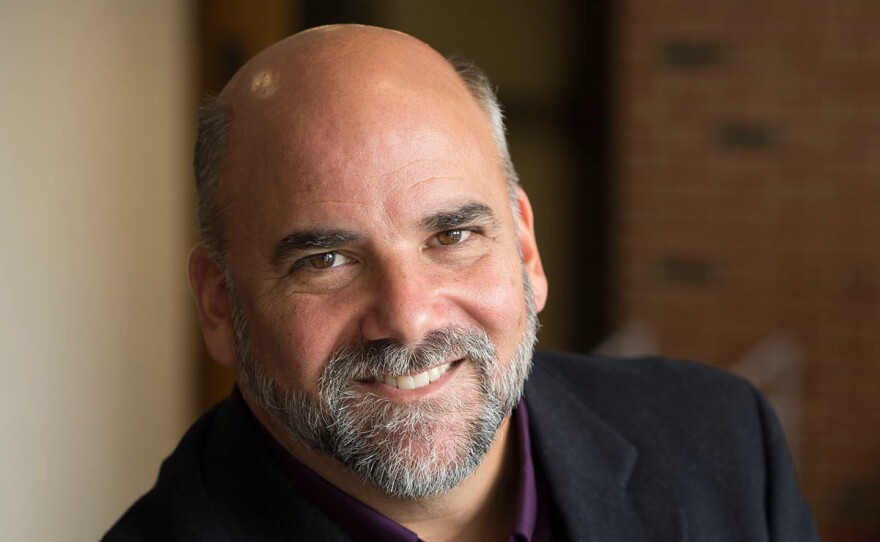Poetry Moment on WPSU is a program featuring the work of contemporary Pennsylvania poets. Host Shara McCallum is this year’s Penn State Laureate.
Today’s poem is “Miss Brown to You” by Sascha Feinstein.
Sascha Feinstein’s 12 books include the poetry collection Misterioso, from which today’s poem is drawn. In 2008, Feinstein received the Pennsylvania Governor’s Award for Artist of the Year. Since 2007, he has hosted Jazz Standards, a program on WVIA. Founding editor of Brilliant Corners: A Journal of Jazz & Literature, Feinstein is Professor and Chair of English at Lycoming College and lives in Williamsport.
Many in central Pennsylvania have long been grateful for Feinsteins’ radio program which dovetails his work as a writer critic often paying tribute jazz. Today’s poem “Miss Brown to You” is homage to the legendary Billie Holiday. In it, Feinstein powerfully engages the cultural history of jazz and the U.S. alike. He reflects on what Holiday’s music has meant to him, personally, and on the pressures she faced as a black woman in 1950s segregated America. Feinstein reminds us that, in her music, Holiday left twinned legacies: her virtuosity as an artist and her resistance to racism and sexism.
Here’s—
Miss Brown to You (1915 – 1959)
Nobody, you once wrote, really loves me.
They just love my music. I’m listening
to the end of your life, sessions
from ’58, and forgive me for thinking,
That’s all I have, Billie.
Because you were right. I’m not the woman
in this photo, signing autographs
behind the enormous letters
of your name. To your left,
one of the men checks to see
if you’ve spelled his right;
another watches your downcast
eyelashes. I wish I had a moment
like that to remember you by, though
with “Don’t Explain,” I’m sent to a blue room,
your scratched voice like winter wind
under the door, pushing forward.
There are days, Uncle Bob once told me,
I listen to Bach and it’s so perfect
I can’t hear anything else. Except Billie,
of course. You might have answered, Honey,
I’m flattered, but I ain’t perfect.
If it were ’58, you’d probably give a wink
to the rhythm section, sing
for everyone you thought didn’t love you
and for people, I’d like to believe,
not yet born. But if it crossed your mind
later, you might think about perfection,
all the things you had to become
for others: “restricted” diners flashing
the bus window pink, how even
Basie once asked you to wear
brown makeup, skin not dark enough,
the backstage mirror reflecting your white
gardenia as fingers slowly spread
the new color across your cheek,
red lips seeping into the darkening rouge.
That was “Miss Brown to You” by Sascha Feinstein.
Thank you for sharing this moment of poetry with me today.






